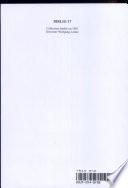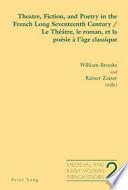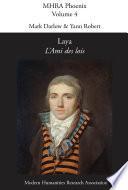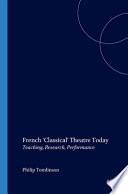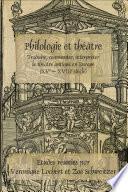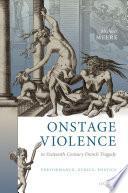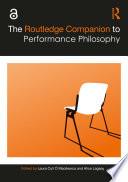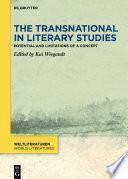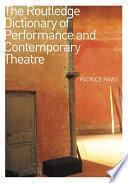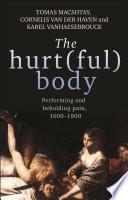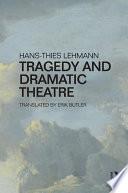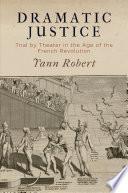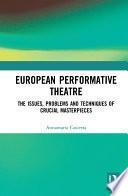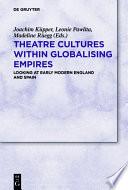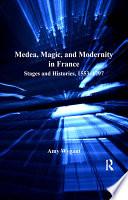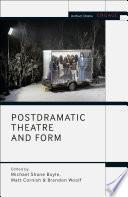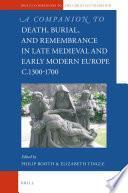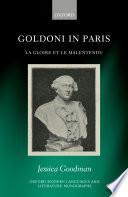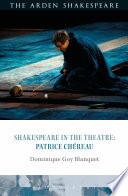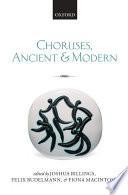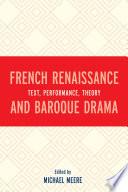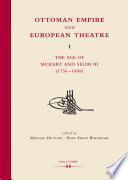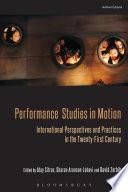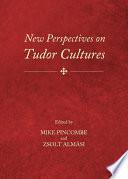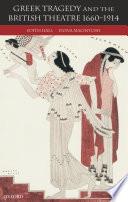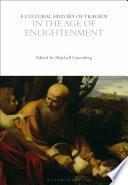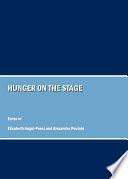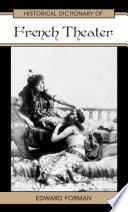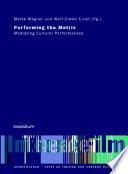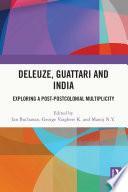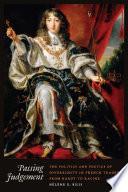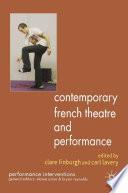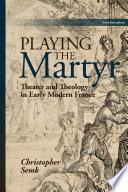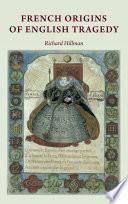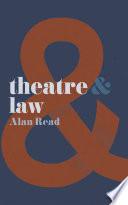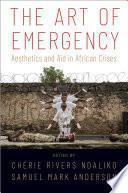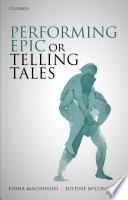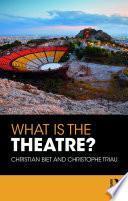
What is the Theatre?
Author: Christian Biet , Christophe Triau
Number of pages: 616What is the Theatre? is one of the most coherent and systematic descriptions and analyses of the theatre yet compiled. Theatre is, above all, spectacle. It is a fleeting performance, delivered by actors and intended for spectators. It is a work of the body, an exercise of voice and gesture addressed to an audience, most often in a specific location and with a unique setting. This entertainment event rests on the delivery of a thing promised and expected – a particular and unique performance witnessed by spectators who have come to the site of the performance for this very reason. To witness theatre is to take into account the performance, but it is also to take into account the printed text as readable object and a written proposition. In this book, Christian Biet and Christophe Triau focus on the practical, theoretical and historical positions that the spectator and the reader have had in relation to the locations that they frequent and the texts that they handle. They adopt two approaches: analysing the spectacle in its theatrical and historical context in an attempt to seek out the principles and paradigms of approaching the theatre experience on one hand, and analysing the...
